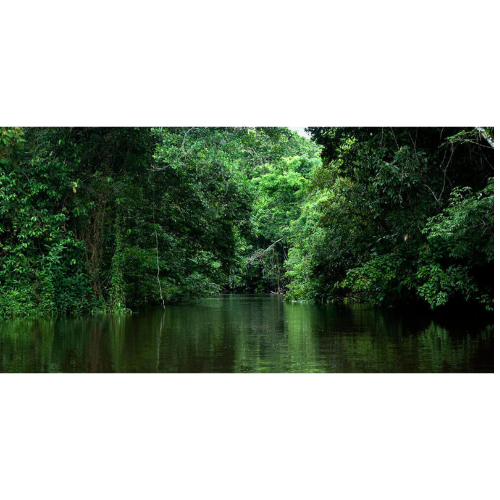The Most Important Businesses in the Brazilian Amazon
The Brazilian Amazon, often referred to as the “lungs of the Earth,” is a region of growing economic significance. Spanning over 5 million square kilometers and home to more than 20 million people, the Amazon is undergoing a transformation. From traditional industries like agriculture and mining to emerging sectors such as bioeconomy and sustainable tourism, the region is becoming a focal point for innovation, investment, and sustainability.
Key Industries in the Brazilian Amazon
Agriculture and Livestock
Agriculture remains a cornerstone of the Amazonian economy. Soybean cultivation, cattle ranching, and palm oil production dominate the landscape, especially in states like Pará and Mato Grosso.
Soy and beef exports contribute significantly to Brazil’s GDP.
However, these industries are often linked to deforestation and biodiversity loss, raising concerns among environmentalists and policymakers.
Mining and Natural Resources
The Amazon is rich in minerals such as bauxite, iron ore, and gold. Mining companies operate extensively in the region, particularly in Pará and Amazonas states.
Gold mining, both legal and illegal, has surged in recent years.
The sector faces scrutiny due to its environmental footprint and impact on Indigenous lands.
Timber and Forestry
Logging, both regulated and illegal, continues to be a major economic activity. While sustainable forestry initiatives are growing, illegal logging remains a challenge.
Certified timber exports are increasing, driven by global demand for eco-friendly products.
Enforcement of environmental laws is critical to curbing illegal practices.
Bioeconomy and Forest-Based Products
The bioeconomy is emerging as a transformative force in the Amazon. It includes sustainable harvesting of non-timber forest products like açaí, Brazil nuts, copaiba oil, and medicinal plants.
According to the World Resources Institute, the bioeconomy could generate over $8 billion in GDP by 2050.
It offers a deforestation-free path to economic growth and job creation, especially for Indigenous and local communities.
Sustainable Tourism

Eco-tourism is gaining traction, with travelers seeking immersive experiences in the rainforest. Destinations like Manaus and Alter do Chão are becoming popular for nature-based tourism.
Tourism supports local economies and promotes conservation.
Infrastructure development and responsible tourism practices are essential for long-term success.
Technology and Data Infrastructure
The Amazon is becoming a hub for digital infrastructure. Companies like Equinix, Ascenty, and ODATA are investing in data centers to support cloud computing and AI applications.
These investments are driven by Brazil’s growing digital economy.
Business Trends Shaping the Amazon’s Future
1. Shift Toward Sustainable Development
The “New Economy for the Brazilian Amazon” initiative advocates for a low-carbon, deforestation-free model that balances economic growth with environmental protection.
- By 2050, this model could create over 800,000 jobs in restoration and bioeconomy sectors.
- It aims to reduce inequality and improve livelihoods for marginalized populations.
2. Inclusive Financing for SMEs
In May 2025, the International Finance Corporation (IFC) and Banco Industrial announced a $105 million financing package to support small and medium-sized enterprises (SMEs) in the Amazon.
- At least 10% of the funds are allocated to businesses in the Legal Amazon region.
- Women-led enterprises and microentrepreneurs are key beneficiaries.
3. Foreign Investment and Expansion
Global companies are entering the Amazon market:
- BYD, a Chinese EV giant, is investing in lithium mining and battery production in Brazil.
- Renault and Geely are expanding their electric vehicle operations in the region.
- These moves signal a shift toward green technology and sustainable mobility.
What’s Next for Amazonian Business?
1. Bioeconomy Boom
The bioeconomy is poised to become the backbone of the Amazon’s future. With global demand for natural, sustainable products rising, the region has a competitive edge.
- Investment in research, value chains, and certification will be crucial.
- Partnerships with Indigenous communities can ensure ethical sourcing and cultural preservation.
2. Digital Transformation
As Brazil’s digital infrastructure expands, the Amazon will play a key role in hosting data centers and supporting cloud services.
- This will attract tech companies and create high-skilled jobs.
- Renewable energy sources like solar and hydro will be essential to power these facilities sustainably.
3. Green Finance and ESG Investment
Environmental, Social, and Governance (ESG) criteria are becoming central to investment decisions.
- Companies operating in the Amazon will need to align with ESG standards.
- Green bonds and impact investing will unlock capital for sustainable projects.
